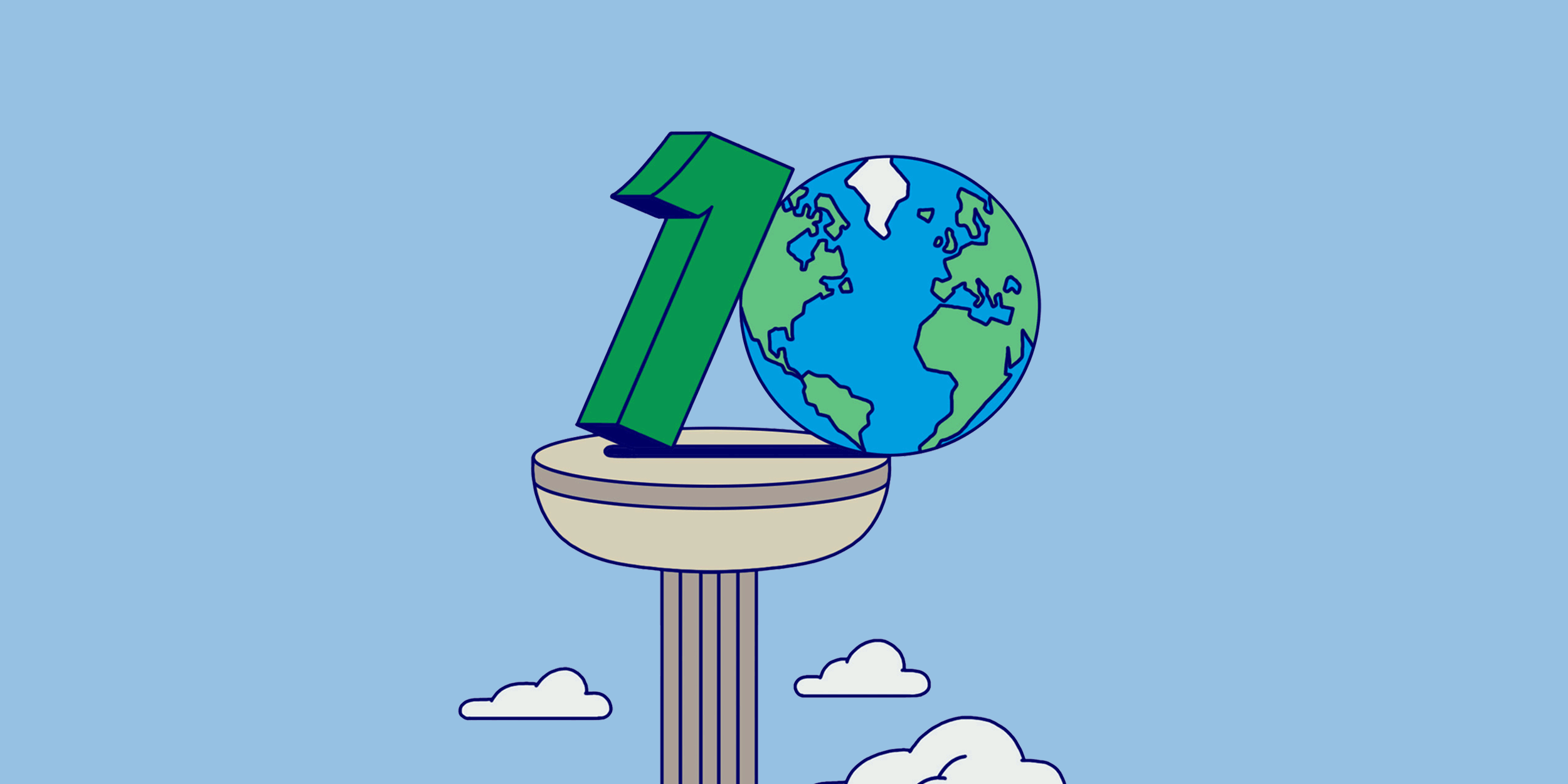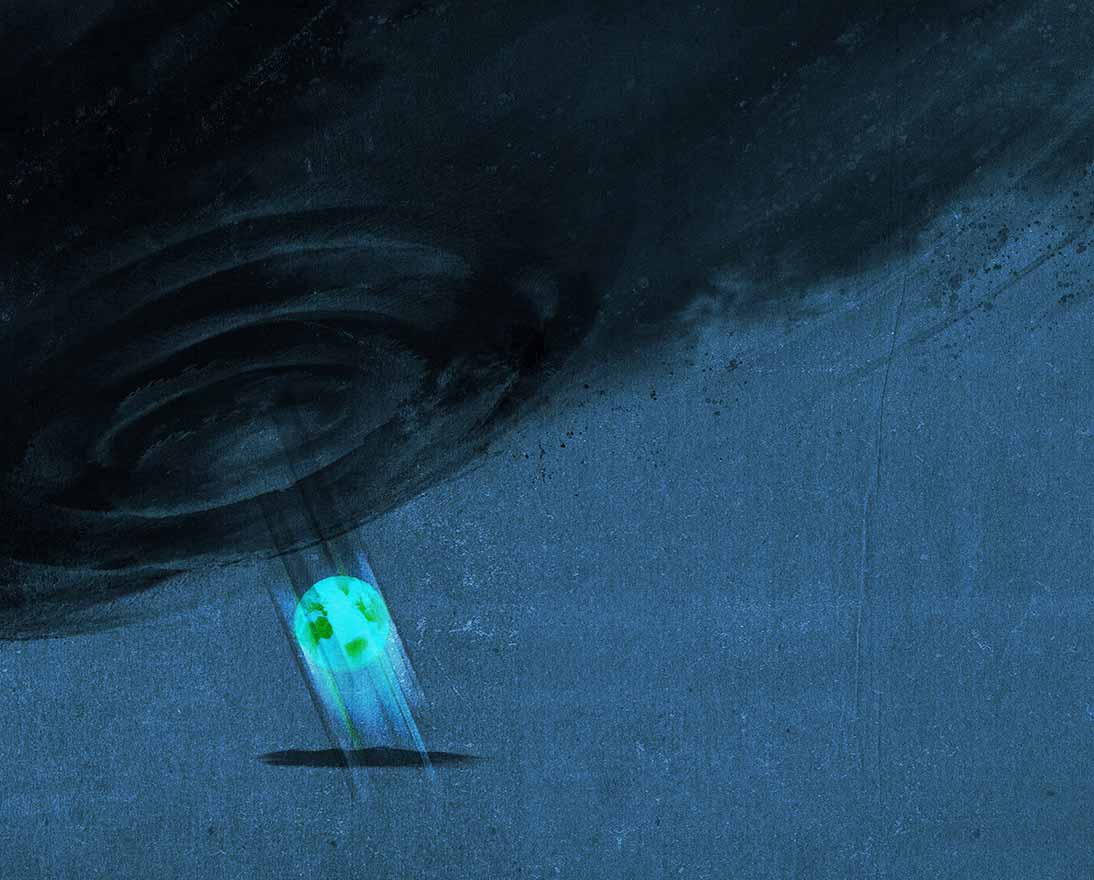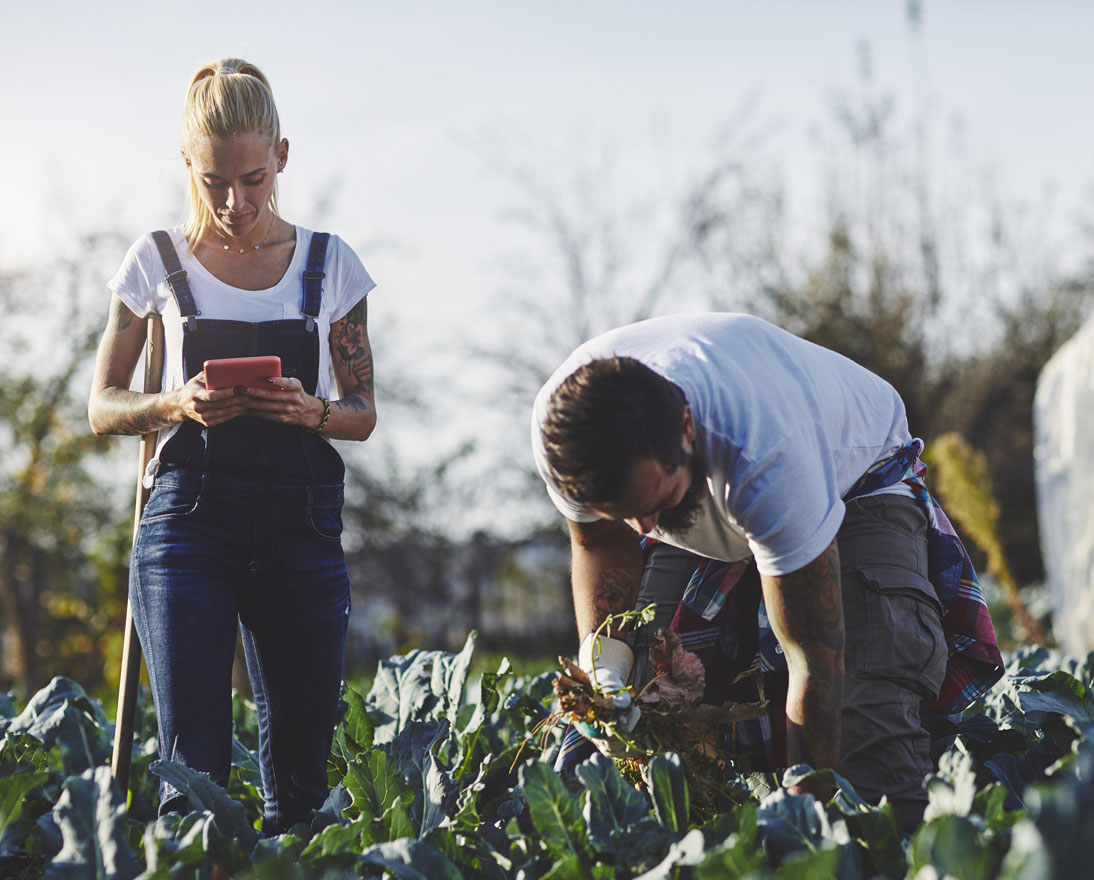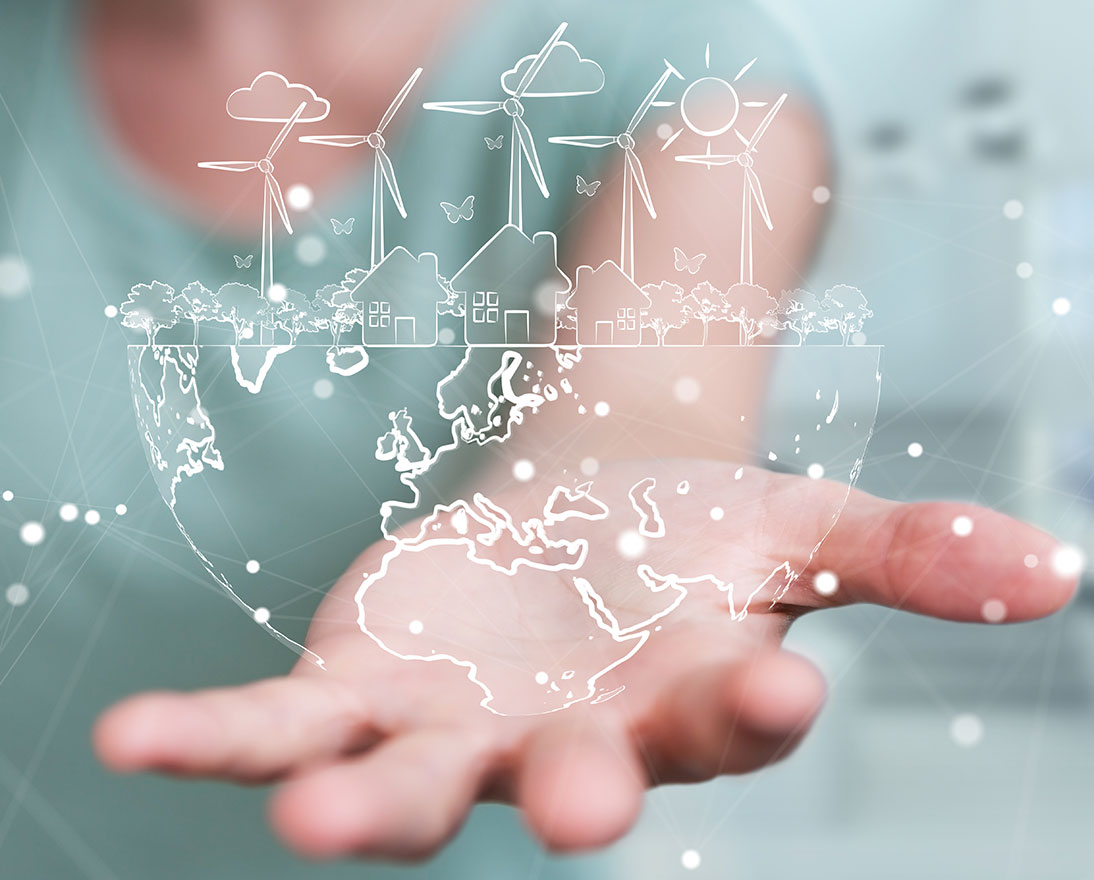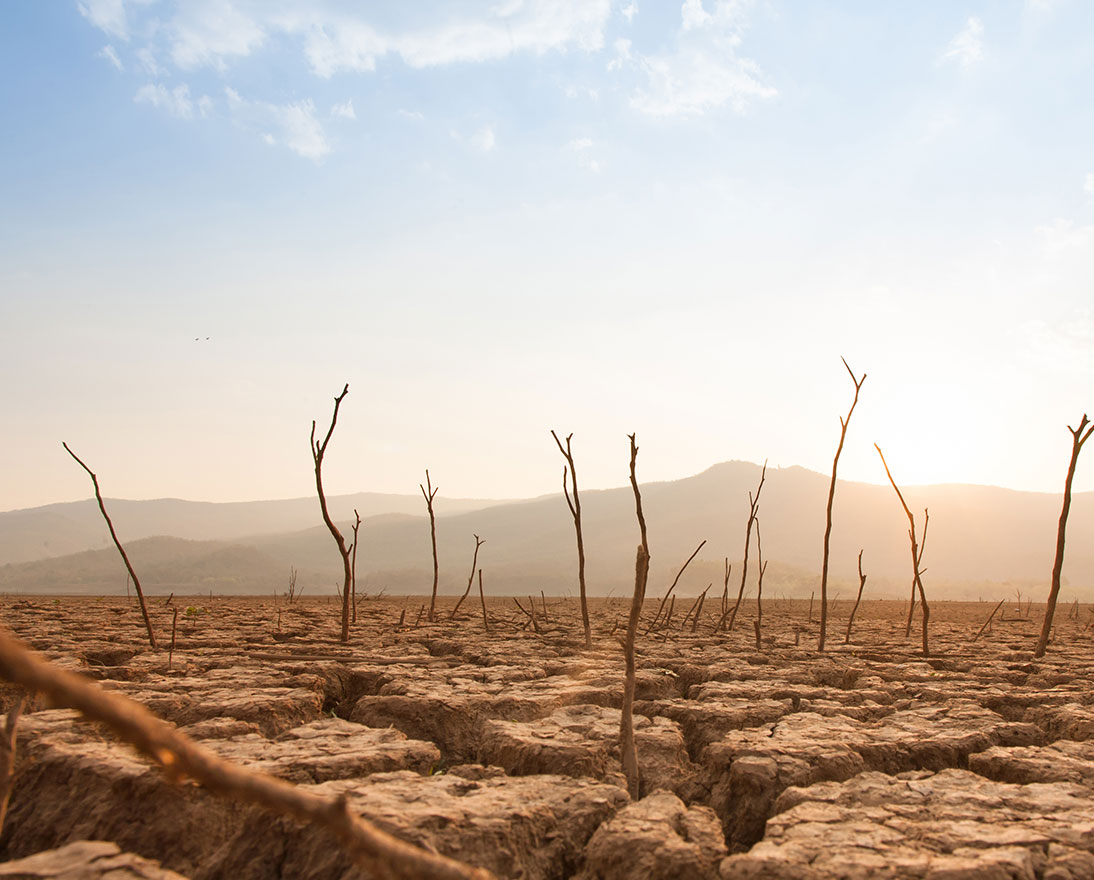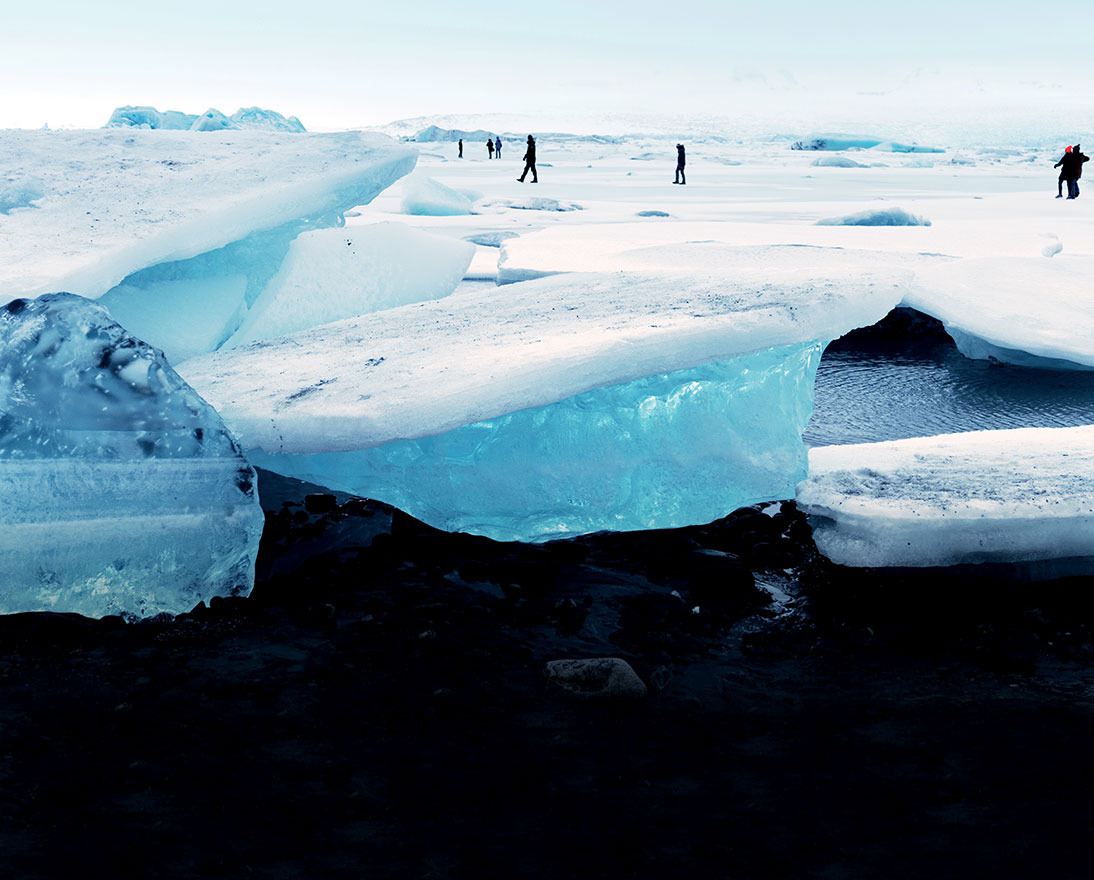Only Ten Years Left To Fix Climate Emergency
Global risksArticleFebruary 18, 2020
Zurich is working together with Vice to help explain why you should care about the WEF's 2020 Global Risks Report
One of the biggest risks facing humanity is failing to take action to stop the climate emergency before it is too late. If we don’t start to fix it in time, then parts of the planet will become uninhabitable as the biosphere stops absorbing carbon dioxide and actually starts pumping it out. Heatwaves, droughts, floods and wildfires will get worse and happen more often, sea levels will rise and flood some of our biggest cities. Food chains will collapse, people will starve, famines will spread, even more species will become extinct and millions of people will be displaced, creating a migrant crisis which makes the ones we’ve already seen look tame. But there’s some good news, it’s not yet too late to turn things around and save the world, but we have to act fast and start NOW.
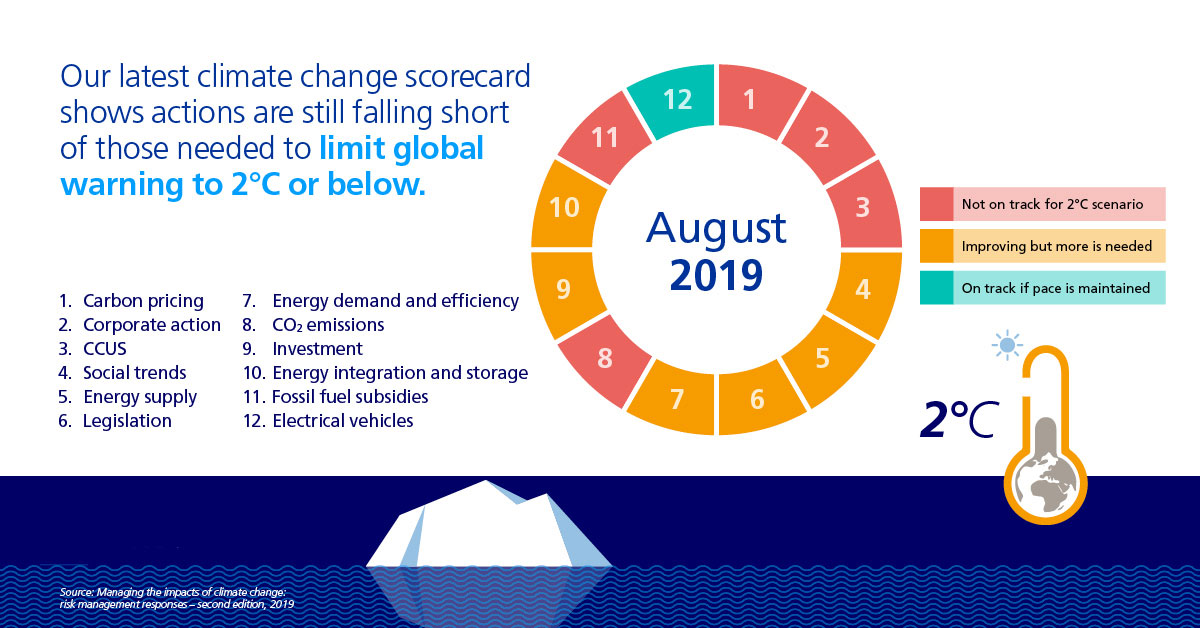
Last year might have been the second warmest year on record but scientists tell us that the next ten years are crucial if we are to bring carbon emissions down and limit global warming to only 1.5 degrees. At least this is what we’re being told by the influential Global Risks Report (GRR) which is produced by the World Economic Forum (WEF) in partnership with Zurich Insurance Group (Zurich). The report has been released every year for 15 years but this is the first time ever that it’s top five risks by likelihood to happen have all been related to the environment. It’s a sign that the threat the climate emergency poses is being taken a lot more seriously than it has been in the past.
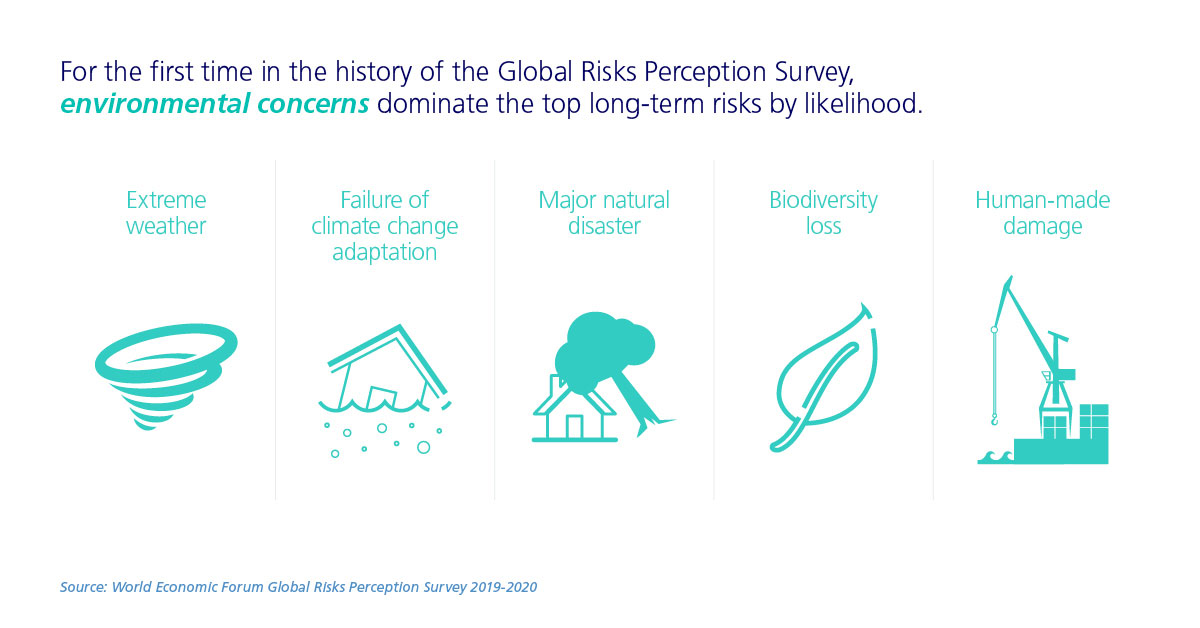
“We have only a very small window and if we don’t use that window in the next 10 years we will be moving around the deckchairs on the Titanic,” said Børge Brende, the president of the WEF, at the launch of the report. Brende is calling for world leaders to work with society to tackle these risks.
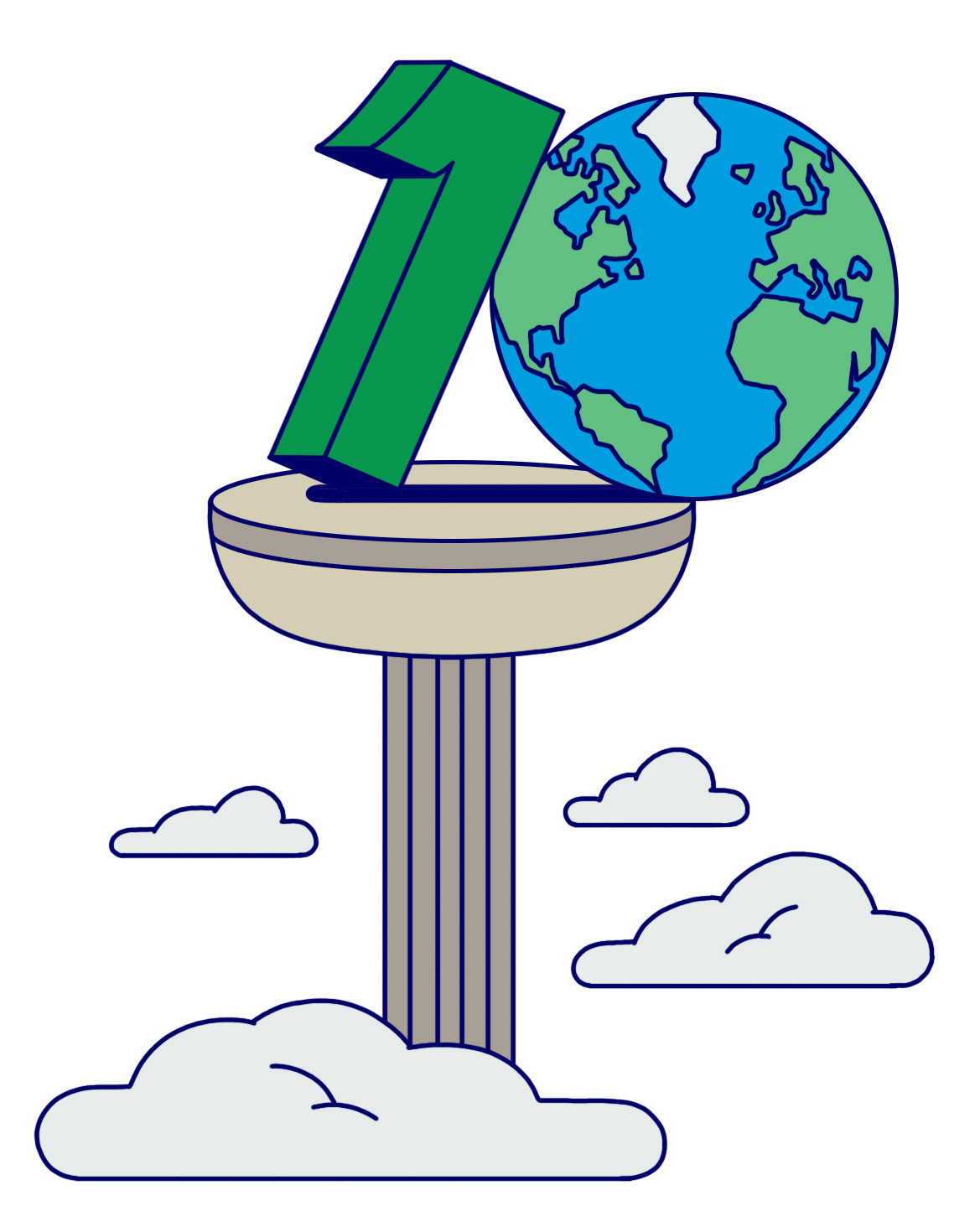
Many environmental risks are connected, including loss of biodiversity and there are a series of tipping points - when these are passed, there is no going back. If we continue to emit carbon dioxide into the atmosphere, ocean acidification will kill off the base of marine food-webs in sensitive environments like coral reefs. At 2 degrees of warming, the world passes the tipping point to full Antarctic ice-cap melt with sea-levels rising by metres. Major cities would be flooded and if that happened, we’d suddenly have millions of climate refugees looking for somewhere to live.
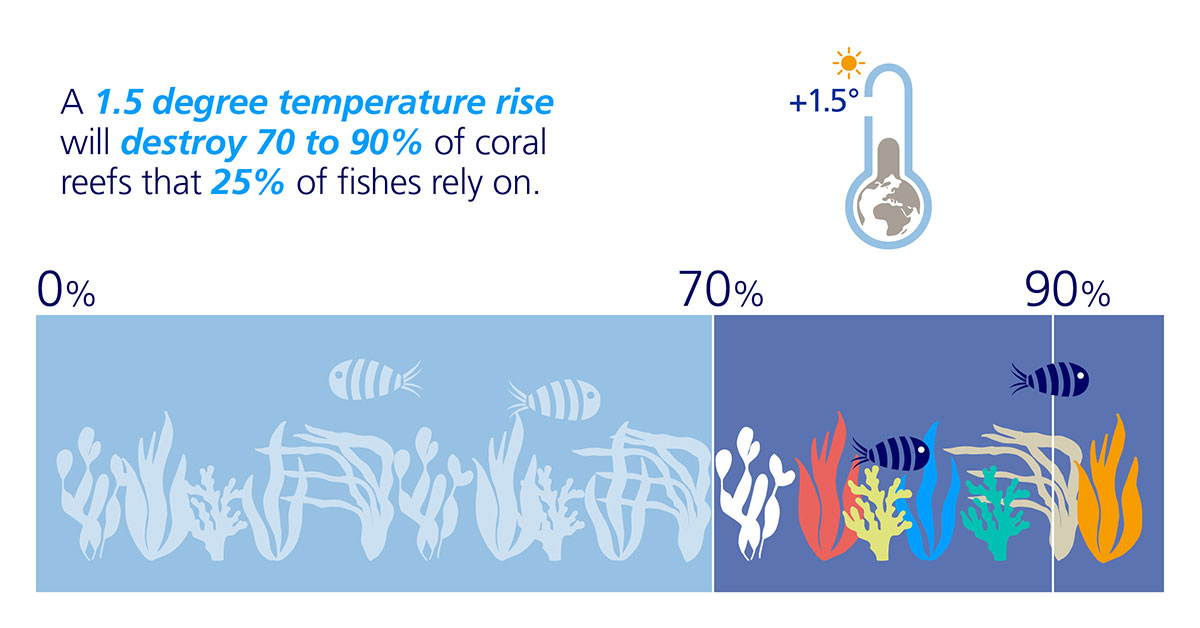
Acting now, while the windows of opportunity are still open and avoiding these knock-on effects is really critical according to John Scott, the head of sustainability risk at Zurich. Scott says:
“We've got a decade left to mitigate significantly much of the greenhouse gas emissions to avoid arriving at these tipping points. Because once you've gone past them, you can't fix them, they accelerate climate change to the point where when you go beyond one and a half or two degrees really significant changes happen.”
These chain reactions don’t all start with temperature increases. The number of species becoming extinct (which is still linked to global warming) produces knock-on effects and is itself caused by a load of different factors, like pollution and the destruction of ecosystems. We are in the middle of the sixth mass extinction event since the planet was formed, but the first one humans have experienced and we are the cause of much of that ‘biodiversity loss’, which is a reduction in the number of plants and animals. This makes it harder for the planet to absorb carbon, which makes climate change happen faster and the world move even closer to an apocalyptic end.
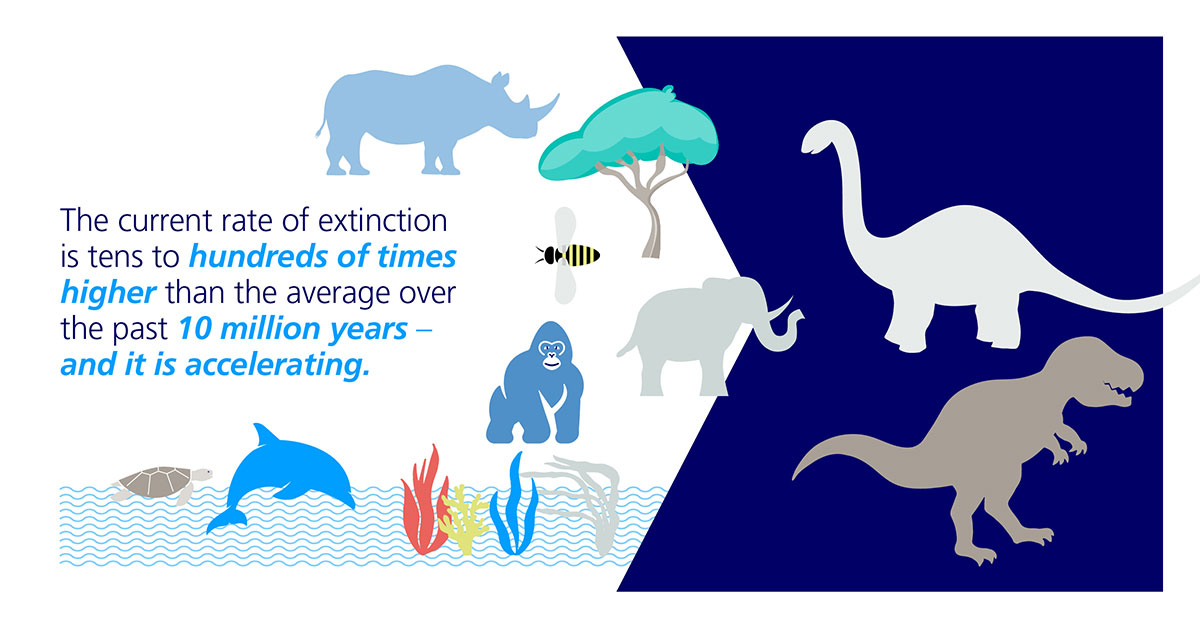
Scott says it’s going to be massively challenging to fix what he describes as a “truly global tragedy of the commons,” but adds “we've got to give it a go, while we still can”. Doing this will also create risks of it’s own, the GRR talks about “transition risks”, which is the idea that how we shift to a low carbon economy will create problems and challenges. Because the way we produce things will have to change along with the ways we live and work. If these changes aren’t planned, they could lead to a whole range of problems like unemployment and social unrest. Like the ‘Yellow Vests’ protests in France which started out as a response to a tax on diesel fuel.
VICE and insurance firm Zurich, who is a strategic partner for producing the report, are here to help explain why it is relevant to you and how thinking about risk matters. The report has become a really important document on global issues and contains information relevant to everybody. The latest report’s release and key findings were highlighted by celebrities like Leonardo di Caprio, politicians like Angela Merkel and activists like Greta Thunberg.
“Risk is out there and being aware of the risk is always the first step to do something about it,” says John Scott, “But if you don't know what the risks are, then you're going to be taken by surprise. There will be fewer choices and it’ll be harder to do anything to recover from them.”
The actions we have to take to stop the climate emergency will cause massive changes to our societies. Whole industries will disappear while new ones emerge, the food on our plates and how we travel for our work and holidays will also have to change. Significant resources need to be dedicated to conservation efforts and much more will need to be done to tackle the man-made causes of biodiversity loss - which will all come at a cost. Over the coming weeks we will release a series of articles and videos looking at what all of this means for you.
